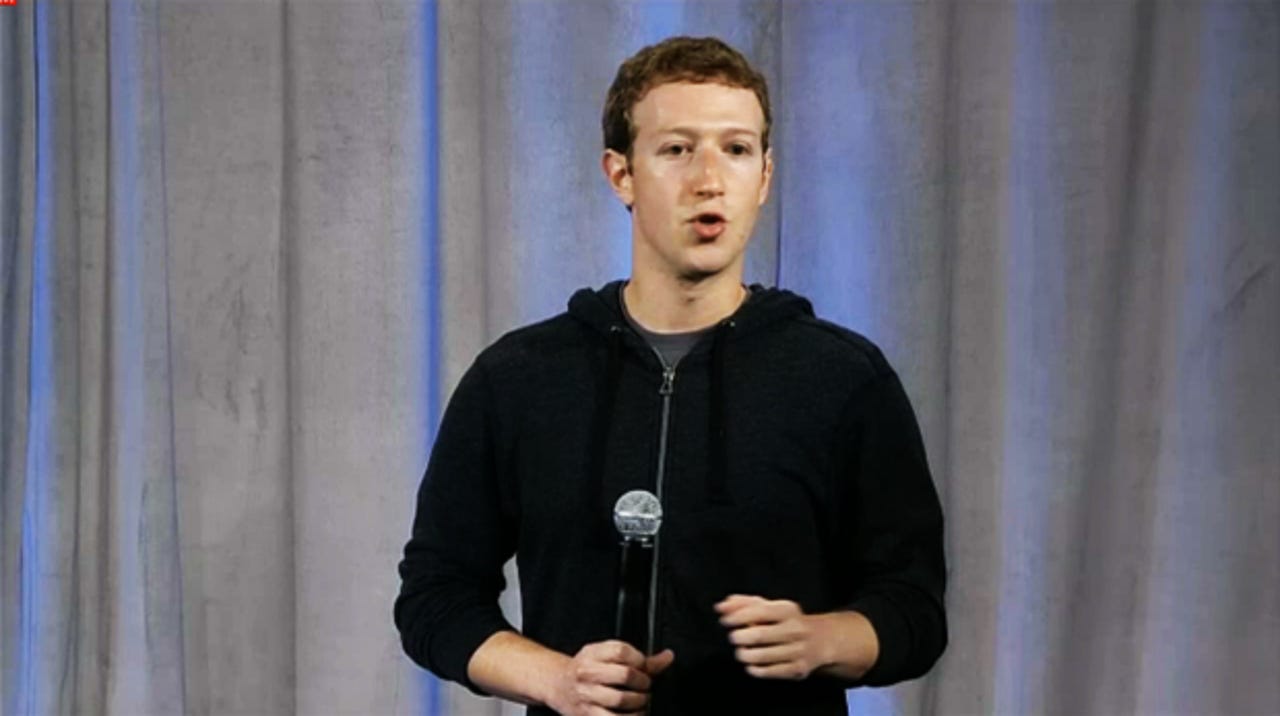With Home, Facebook backs into a broader ecosystem


I just watched Facebook founder Mark Zuckerberg introduce Home, the company's new Google Android-based mobile offering.
The long and short of it is that Facebook becomes the lens through which you use your entire mobile phone. Facebook Home is powered by Google's Android operating system, but it is not apparent to the end user that it's Android, at least as best as I can tell from the press conference. Your mobile world is seen through blue-colored glasses.
That premise sounds horrific to many people: a mobile phone, operating through Facebook? What if you can barely stand it to begin with? What about all those family members sharing dumb political screeds or pictures of their snotty kids or funny things that just aren't funny? I don't want that to infiltrate the rest of my phone!
But if you think of Facebook as a suite of services, rather than a portal or single destination, it makes complete sense. For years, the social networking company has been building -- and then gaining adoption, thanks to the not-so-subtle nudging of its massive customer base -- services that you use every day. Slowly, it has built a "smartphone" from the inside -- integrated, connected software -- out.
Gallery: Facebook builds a new 'Home' on Android
What if I told you this: There's a new smartphone on the market. It has a big screen. It supports messaging. It's got a robust list of contacts. It can handle your life's photos easily -- and they're integrated with sharing. It's also got a calendar, already stocked with upcoming events. It has e-mail, too. All of these have notifications integration. And for marketing types reading this, it's a high-speed highway into targeting mobile users, with support for advertisements and other money-making schemes.
Sounds like Google Android, right? Or perhaps Apple iOS? It's any mobile phone, really. Because it's any mobile platform.
User database + suite of services = ecosystem. So it makes complete sense, then, that Facebook would want to enter this space by riding Android's open source coattails. Hardware, of course, is the missing link.
Take messaging, for example. When you send a message to someone, do you care which system it uses? Which company's pipes? Most people don't, so long as it's the same person on the other end and the message is as easy to send and retrieve as any other. If I send a "text" to my wife, I could very well use SMS, iMessage, Google Chat, AIM, Yahoo, Twitter...or Facebook. It doesn't matter.
(Any annoyances about which path the message takes is usually just because each app is walled off from the other, and not everyone is on every platform. A wealth of options -- and messages across apps -- just makes us scream, "Pick one!" Each company has been trying valiantly to crowd out the others.)
You might not want to buy into this world, one in which Facebook is your primary provider. But you likely already have. Most people -- one billion in 2013 -- are now Facebook users of some kind. You're already in the database. You already have a Facebook e-mail address, whether you know it or not. You're already signed up for photos, and events, and yes, social sharing. It's all wrapped in to that login. It's not a step-by-step, app-by-app situation.
In this way, it's really not hard at all to imagine a world lived solely through Facebook. You're probably already engaged in this dance with Google or Apple or Microsoft, even if you don't have a mobile device. How is Facebook any different?
Zuckerberg called Home "a phone that's designed around people, not apps." In pushing his company's boundaries out, from app to entire device, he's right. And his company has a much greater foothold than people initially suspect.